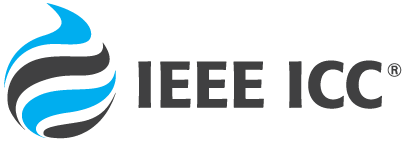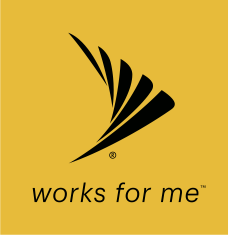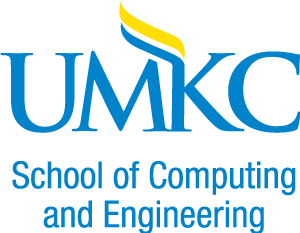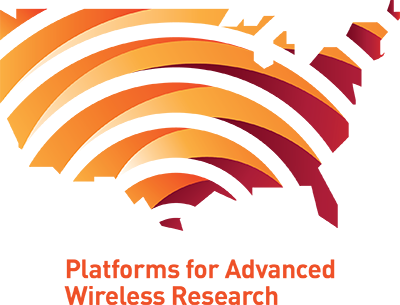The new paradigms and tremendous advances in computing, communications and control have provided and supported wide range of applications in all domains of life, in particular, bridging the physical components and the cyber space leading to the Cyber Physical Systems (CPS). The notion of CPS is to use recent computing, communication, and control methods to design and operate intelligent and autonomous systems using cutting edge technologies. This requires the use of computing resources for sensing, processing, analysis, predicting, understanding of data, and then communication resources for interaction, intervention, and interface management, and finally provide control for systems so that they can inter-operate, evolve, and run in a stable evidence-based environment. CPS has extraordinary significance for the future of several industrial domains and hence, it is expected that the complexity in CPS will continue to increase due to the integration of cyber components with physical and industrial systems.
--------------------------
Purpose and scope
--------------------------
This workshop solicits unpublished research work related to the latest challenges, technologies, solutions, techniques and fundamentals pertaining to communication, computing, networking, control. Topics of interest include but not limited to:
• Cyber-physical issues in the design of next-generation communication systems
• Real-time Sensing, Reasoning and Adaptation for Cyber-Physical Systems
• Cloud-integrated Cyber-Physical Systems.
• Evolutionary computing for CPS.
• Design Theory for Cyber-Physical Systems
• Cyber-Physical Systems Security and Privacy
• Computation Models for Cyber-Physical Systems
• Addresses computation issues in CPS
• Verification and Formal Methods for Cyber-Physical Systems
• Mobile Sensors in Cyber-Physical Systems
• Design and Performance Optimization in Cyber-Physical Systems
• Adaptive Control in Cyber-Physical Systems
• Distributed computing in CPS.
• Autonomous systems and UAVs.
• Communication and Networking for Cyber-Physical Systems
• Applications of CPS on e-Health, life sciences, energy, and smart cities.
• Optimizing computing and communication resources
• Safety-critical, dependable, fault-tolerant
• Distributed, highly networked architectures for interconnected CPS
• Communication and Infotainment Systems in vehicles
• CPS Industrial applications
• Networking for intelligent mobility and transport infrastructures
• Sensor networks for cyber-physical systems
• Intelligent and collaborative methods for CPS
• Simulation and visualization of CPS.
• CPS security and privacy
• Smart energy systems
• Social computing and CPS
• Sustainability and environmental issues in CPS
• Testing and Validation of CPS.
• Other related issues
-----------------------
Submission
-----------------------
Submission Guideline: see ICC webpage at
http://icc2018.ieee-icc.org/authors/call-workshop-papers
Submission link: Submission link: http://edas.info/N24164
--------------------------
KEYNOTE SPEAKER
--------------------------
Prof. Liang Zhou, a professor Nanjing University of Posts and Telecommunications, China.
Topic: Massive Content Sharing over Cyber-Physical Systems
Abstract: Massive multimedia services have been considered as one the most prominent characteristics for Cyber-Physical Systems. In this work, we propose an energy-efficient content delivery system via the device-to-device communications, which realizes the large-scale content delivery among mobile devices with constrained energy, unpredictable demand, limited storage, random mobility, and opportunistic transmission. The highlights of this work lie in two parts. On the theoretical end, through exploring the relationship among the coding, storage, and transmission, a systematic energy-saving content delivery fashion is investigated. On the technical end, a totally distributed content delivery system is designed in a simple and efficient manner, in which each device only utilizes local information to make decisions and implements its own scheme individually. Importantly, the proposed scheme is realized in a practical smart city system, and numerical results demonstrate that it is flexible to various users’ needs and communication environments.
-------------------------------------
Important Dates
-------------------------------------
- Papers Submissions Deadline: Jan. 15, 2018
- Notification of Acceptance: Feb. 21, 2018
- Deadline for Author Registration: Mar. 05, 2018
- Deadline for Camera-ready Papers: Mar. 05, 2018
- Workshop date: May. 20, 2018


















